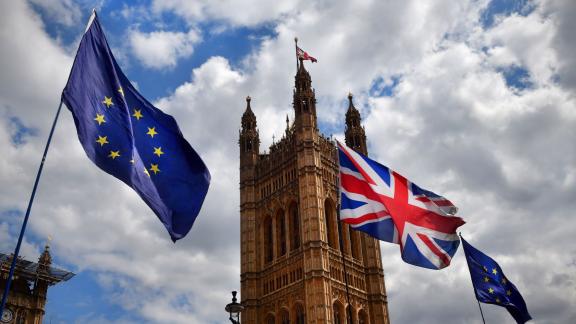Reciprocal healthcare arrangements in a no deal Brexit scenario: overview of the reciprocal healthcare arrangements within the context of the UK exiting the EU

This briefing gives an overview of the reciprocal healthcare arrangements within the context of the UK exiting the EU. Protecting reciprocal healthcare rights remains one of our key priorities while we navigate our exit from the European Union.
Key points
- Brexit continues to be a significant challenge for the NHS and social care in Wales, with no-deal presenting the biggest challenge.
- Protecting reciprocal healthcare rights remains one of our key priorities while we navigate our exit from the European Union.
- Reciprocal healthcare and citizen’s rights would have been protected under the negotiated Withdrawal Agreements (May and Johnson). However, since these have yet to be accepted by the UK Parliament there has been a great deal of uncertainty around how UK nationals living the EU will receive healthcare, and vice versa. If the UK leaves the EU without a deal, many of these rights will no longer exist and could disrupt patient care.
- At a UK level, efforts have been made to protect reciprocal healthcare rights as much as possible without having a deal such as: passing legislation, encouraging all travelers to have the proper insurance cover, entering into some bilateral agreements and protecting UK national’s healthcare who reside in the EU.
- EU citizens living in Wales will be able to access healthcare the same way they do now as long as they are residents of Wales, but regardless of whether or not they have applied for the Settled Status Scheme. If they are not ordinarily resident in Wales, they will be deemed an overseas visitor and may be charged for NHS services.
- Until a Withdrawal Agreement is passed, or other bilateral agreements / ‘mini deals’ are made with other countries, some level of uncertainty is likely to remain. Until arrangements are finalised, clinicians should continue to presume to treat EU nationals



